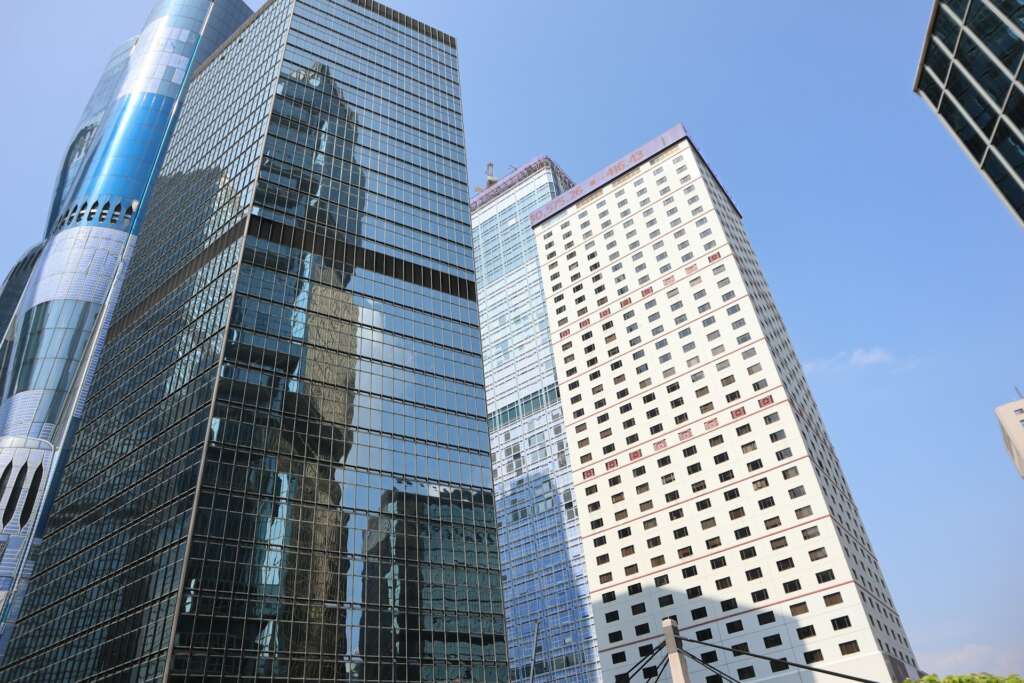BIG EARNERS WILL PAY more tax, Hong Kong’s finance chief said in his latest budget. But the rate will still be far lower than rich people pay in other jurisdictions.
In the budget announced last Wednesday, Financial Secretary Paul Chan Mo-po has come up with a fiscal consolidation program to slash the deficit in the budget. One of the initiatives is the implementation of a two-tiered tax rate for salaries tax on high-income earners.

The two-tiered tax rate regime is set to be introduced from April this year. Of the amount of tax for taxpayers whose net income exceeds HK$5 million and whose salaries tax is to be charged at a standard rate, the first HK$5 million of their income will continue to be subject to the standard rate of 15%, while the portion of their net income exceeding HK$5 million will be subject to the standard rate of 16%.

Still, the tax rates in Hong Kong have remained lower than that of other advanced economies. The new tax rates for high-income earners have been low in Hong Kong, as compared with the tax rates for high-income workers in Canada, the US and Singapore at 53.5%, 37% and 24% respectively.
The government has estimated that the imminent implementation of two tiered-tax rates system will only affect about 12,000 people, or about 0.6% of taxpayers, bringing in about HK$910 million of additional revenue to Hong Kong each year.
KAU YI CHAU RECLAMATION PROJECT
Also, the government has emphasized that local residential land supply will not be affected, after Kau Yi Chau Artificial Islands will be postponed by two to three years.

The SAR government has prioritized the Northern Metropolis project to boost local economic development and postponed the artificial islands’ project. The Northern Metropolis, which will be divided into several zones including innovation and technological hub, commerce and industry zone, as well as high-end professional services and logistics hub, will further foster Hong Kong’s integration with Shenzhen and cities in the Greater Bay Area, thereby injecting impetus to the city’s economic development.

The roll-out of the Northern Metropolis will also foster more Hong Kong workers to live in Shenzhen to tap into benefits of lower housing prices and living costs as well as commute across the border to work in Hong Kong,
By postponing the reclamation project, analysts believe that the SAR government can focus on utilizing fiscal resources to initiate more welfare projects to support the vulnerable.
Several advocacy groups including Greenpeace have welcomed the postponement of the mega reclamation plan due to its staggering reclamation cost.
RELIEF MEASURES AND TOBACCO TAX HIKE
Meanwhile, the government has initiated a spate of relief measures in the latest budget. A salaries tax reduction will have a HK$3,000 ceiling, whereas residential property owners will have one quarter of rate concessions up to HK$1,000.

The tobacco tax has been raised for the second consecutive year. Smokers need to pay an extra HK$16 for a pack of 20 cigarettes, pushing the price to around HK$94.
TRANSPORT SUBSIDY SCHEME UNDER REVIEW
Above all, the government’s transport subsidy scheme for elderly and the disabled will be reviewed to see how it can be made financially sustainable.

The HK$2 fare in transport subsidy scheme was initially launched in 2012 for local elderly residents aged 65 and above and the disabled. The SAR government extended the scheme for elderly people who are aged between 60 and 64 in 2022.
There have been concerns that whether the scheme would be fiscally sustainable recently amid fiscal deficit. The government’s fiscal reserves will fall to HK$733.2 billion this fiscal year. For 2024-25, fiscal reserves will drop to HK$685.1 billion.
Still, the government has stressed that the scheme, which costs public coffer around HK$4 billion in fiscal year 2023-24, would not be cancelled. It said that the implementation of the review is aimed at enabling the scheme to operate in financially sustainable manner.
Image at the top by Chengting Xie/Unplash
